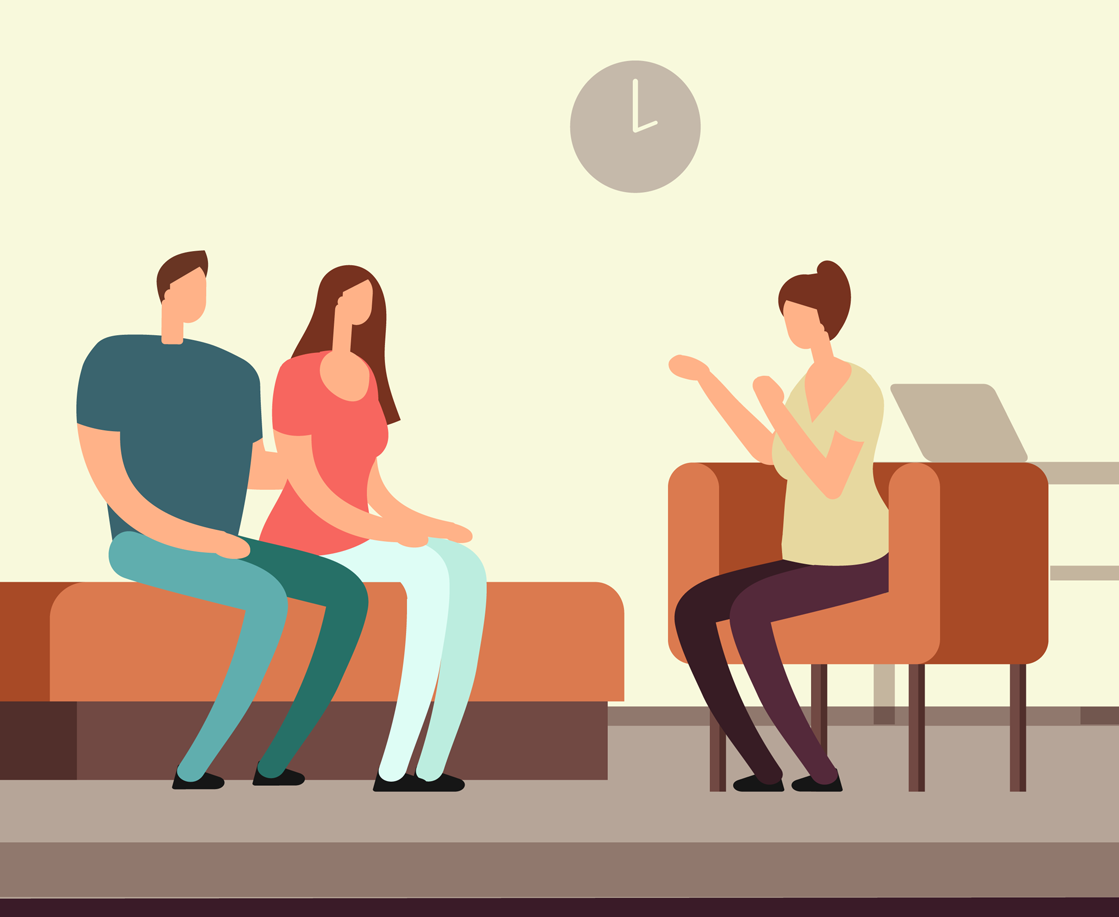For couples who’ve been struggling to get pregnant, contemplating fertility treatment can be incredibly daunting. You’ve probably heard buzzwords and seen acronyms – IUI, IVF, ICSI – but what does it all mean? What is the most effective fertility treatment? Which has the highest success rates, and is there something better than IVF? Let’s break it down.
The main fertility treatments are:
Fertility medicines – Various medications can help stimulate ovulation in women with problems like polycystic ovary syndrome, and medicines like gonadotrophins may boost male fertility too. Medication alone is a relatively inexpensive but usually less effective option, and it is often an early attempt for couples who might struggle to conceive.
Intrauterine insemination or IUI (also sometimes called ‘artificial insemination’) – Here sperm is placed directly into a woman’s womb at the time of ovulation to aid conception. Sometimes IUI is conducted without the use of fertility drugs, often when a woman is using a sperm donor. Other times, IUI is done using fertility drugs (‘stimulated IUI’) to boost the woman’s egg production process. IUI is often opted for by single women and couples using donor sperm, or those wanting to try a less invasive approach than IVF. Statistically it is about one third as effective as IVF and is generally not recommended for patients with serious fertility issues.
Surgical intervention – This is sometimes opted for when very specific fertility problems have been identified. For example, when a man’s semen has an absence of sperm or when the sperm’s passage is blocked. Surgeries for women include fallopian tube surgery (where the tubes have a blockage) and ovarian drilling to stimulate ovulation for women with polycystic ovary syndrome (PCOS), or surgery to remove cysts in women with endometriosis.
In Vitro Fertilisation (IVF) – During IVF, semen is ‘washed’ to select the best sperm. A woman (not always but usually) has hormone injections to boost her egg production. Then these eggs are retrieved under sedation. Afterwards they are fertilised with the sperm in a lab (‘in vitro’), creating embryos which are then placed back into her womb to develop.
IVF is a more expensive and invasive fertility treatment than one like IUI, but it has much higher success rates.
What fertility treatment has the highest success rate?
Generally, IVF with ovulation drugs offers the greatest chance of success. For example, an IVF cycle is around three times more likely to result in pregnancy than IUI.
However, when deciding which treatment to opt for, there is more to consider. Different interventions, and sometimes a combination of them, may be more suitable depending on what the actual issue is that is preventing you from conceiving.
Then there are other preferences that may factor. For example some people try IUI first because it is seen as a more ‘natural’ process than IVF, since your body does more of the work. And while IVF is much more likely to result in pregnancy than IUI or fertility drugs, it is more expensive, so that’s something couples might factor in too. On the other hand, since time is fertility and IVF offers better odds of pregnancy, many people decide to go straight to IVF.
Even under the IVF bracket though, there are different ways to do the process depending on your needs. For example, if there are issues with the man’s sperm or if the couple has experienced previous failed or poor fertilization in IVF cycles, then Intracytoplasmic Sperm Injection (ICSI) may be attempted. ICSI is the same as traditional IVF, except that the sperm is micro-injected directly into the eggs in the lab.
Furthermore, some couples will opt to use donor eggs or sperm. And some female same-sex couples will choose to fertilise the eggs of one partner but grow the baby in the other partner’s uterus (known as ‘reciprocal IVF’).
In a high-tech clinic like ours, there are still more options. For example, we can delay IVF embryo transfer until five or six days after egg collection (called ‘blastocyst transfer’) to offer a great chance of IVF success.
Here at The Fertility and Gynaecology Academy treating complex cases is a specialism, and couples frequently come to us when attempts at other clinics have failed. If our rigorous testing indicates it, we can perform immune treatments and other interventions to address recurrent IVF failure or recurrent miscarriage. If there is a family history of chromosome issues, we are also one of the clinics in the UK that can perform in-house embryo biopsy for genetic testing on the embryos to detect any abnormalities.
We also offer extra services that may boost your success in particular circumstances. These include:
- Mock embryo transfer
- Endometrial scratch
- Embryoscope or time Lapse Imaging
- Laser assisted hatching
- Embryo glue
- Embryogen: GM-CSF culture media
- PICSI and IMSI
- Micro-surgical sperm retrieval of the sperm
- Embryo transfer under ultrasound guidance
Your fertility journey
Dr Gorgy, Fertility Consultant and Co-Director of The Fertility and Gynaecology Academy says: “When it comes to fertility treatment, there is no one-size-fits-all solution. The best treatment for you will depend on your personal situation and what your test results show. What works for another may not work for you. So exacting screening is vital.”
Have you been trying for a baby for a while? Want to check if everything is okay? The sooner any issue is discovered, the better. Here at The Fertility and Gynaecology Academy our expertise and equipment are second to none. We will work with you to determine which course of treatment is best for your unique body and circumstances, to help make your dream of a baby a reality.
To find out more or book a consultation call The Fertility and Gynaecology Academy now on 020 7224 1880 or email info@fertility-academy.co.uk







